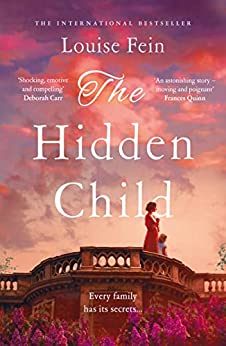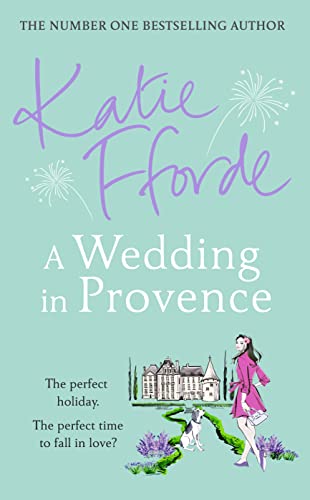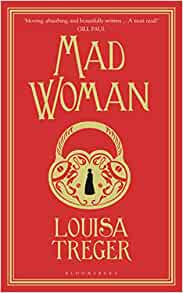
About the Author
From the outside, Eleanor and Edward Hamilton have the perfect life, but they’re harbouring a secret that threatens to fracture their entire world.
London, 1929.
Louise Fein recently took part in my Author in the Spotlight feature as part of the blogtour to celebrate the paperback release of The Hidden Child. You can read that here: Louise Fein. I hadn’t had time to read the book at that point but spent a recent weekend engrossed in its pages. So I’m delighted to share my review today.
The book is told from the perspectives of Eleanor, Edwards and of epilepsy itself which I thought was inspired. It might seem an unusual thing to do but it works incredible well, portraying epilepsy almost as a monster stalking its victims.
The Hidden Child of the title is Eleanor and Edward’s daughter Mabel who develops an extreme form of epilepsy. Treatment for the condition 100 years ago was brutal. With Edward’s involvement in the eugenics movement, a decision is made to hide her away. It just seemed so cruel as did the various medical treatments poor Mabel was subjected to. Reading from a 21st century perspective when most people are more tolerant and understanding of people with differences, it really was quite an eye-opener. It was especially poignant to read that the story was inspired by some personal circumstances in the author’s life which made her reflect on how different things would have been in years past. There are many characters who are either historical figures or inspired by them.
About the book
My Thoughts
I can’t recommend The Hidden Child enough. It is a evocative and thought-provoking read, shocking at times. It’s very emotional at times, rather upsetting, but does contain hope too. This is Louise Fein’s second novel although I haven’t read the first. I will definitely be looking out for what this talented writer does next. The Hidden Child is one of my top reads of this year.
Will Eleanor and Edward be able to fight for their family? Or will the truth destroy them?
The Hidden Child is published by Head of Zeus in ebook and by Aria Fiction in paperback.
My thanks to Graeme Williams Marketing for sending me a copy of the book for review.
When Mabel, their young daughter, begins to develop debilitating seizures, they have to face an uncomfortable truth: Mabel has epilepsy – one of the ‘undesirable’ conditions that Edward campaigns against.
Forced to hide their daughter away so as to not jeopardise Edward’s life’s work, the couple must confront the truth of their past – and the secrets that have been buried.
Louise Fein is the author of People Like Us, her debut novel. It is a story of forbidden love and the brainwashing of a nation, set in 1930’s Leipzig, and was inspired by the experiences of her family who fled Leipzig as refugees in 1933. The novel has been published in thirteen territories and has been shortlisted for the RSL Christopher Bland Prize 2021, as well as for the RNA Historical Novel of the Year award 2021. Her second novel, The Hidden Child, is set in 1920’s England and tells the story of a couple who are ardent supporters of the burgeoning Eugenics movement, until their own daughter turns out to be not quite perfect. She holds an MA in creative writing from St Mary’s University, London, and lives in Surrey with her family.
Eleanor Hamilton is a dutiful mother, a caring sister and an adoring wife to a celebrated war hero. Her husband, Edward, is a pioneer in the eugenics movement. The Hamiltons are on the social rise, and it looks as though their future is bright.

I thought that The Hidden Child was excellent historical fiction. Louise Fein really brings the 1920s era to life and shows what society life was like at the time. What she also brings to light is the awful eugenics programme which was being promoted at the time. Eugenics is genetic engineering of the human race, thereby ridding it of perceived inferior qualities and illnesses. To a certain extent, it’s not unlike what scientists can do now screening for genetic and hereditary conditions and offering would-be parents the option to end a pregnancy. However, as this book shows, it really can go to extremes and should be treated with great caution. It was horrifying to read about the proposals for forced sterilisation of people affected by certain conditions and locking them away in institutions. And the word ‘euthanasia’ was mentioned as well. It will not surprise you to learn that the Nazi regime in Germany were enthusiastic supporters of eugenics.








